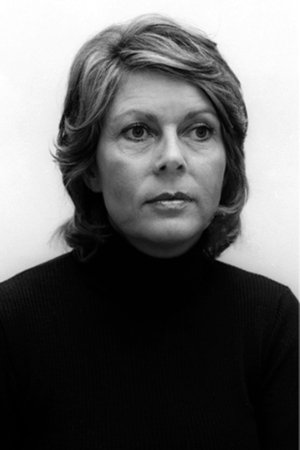Biography:

Heidi Weber, née Huggel (born June 4, 1927 in Münchenstein), is a Swiss interior designer, gallery owner, art collector, museum director, curator, publisher and exclusive representative of Le Corbusier's fine arts. She produced four of her avant-garde pieces of furniture from 1928 in small series and made them world famous. She was the initiator, financier and builder of Le Corbusier's last building in Seefeld in Zurich, which she called Maison Heidi Weber - Center Le Corbusier. From this center she engaged in the global dissemination of Le Corbusier's artistic work for almost half a century with exhibitions and loans, book publications and as an agent.
In June 1957, at the age of 30, Heidi Weber opened her “Mezzanin” gallery for furniture and interior design at Neumarkt 28 in Zurich. Here she presented furniture by George Nelson as well as Charles and Ray Eames and worked on interior design commissions. In 1958, the interior designer and gallery owner met Le Corbusier for the first time at Cap Martin. Between 1959 and 1964, she organized a total of 13 exhibitions on the artistic work of Le Corbusier in her “Mezzanin” gallery. The artist-architect then granted him exclusive marketing rights for his works: graphics, paintings, sculptures, tapestries and engravings for a period of 30 years.
Heidi Weber was the first to organize international exhibitions of her work and to organize traveling exhibitions of her art. Their stated goal was to make Le Corbusier's multifaceted artistic work known throughout the world. As an editor, she published books considered key works of her work as an artist.
In 1960, Heidi Weber entrusted Le Corbusier with the creation of La Maison de l'Homme in Zurich, designed as a cultural center dedicated to meetings and exhibitions on architecture and contemporary art. Inaugurated in 1967 after the death of the architect, the Heidi Weber Museum – Le Corbusier Center in Zurich can be considered a manifesto of the “synthesis of the arts” that Le Corbusier pursued throughout his life: “There is no of sculptors alone, of painters alone, of architects alone. The plastic event is accomplished in a “ONE FORM” in the service of poetry.”




